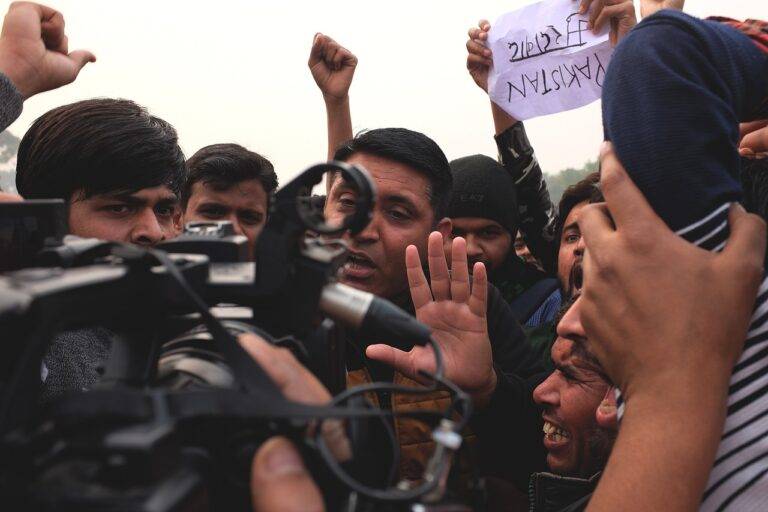Investigating the Impact of Election Reform Proposals on Voting Rights
The struggle for voting rights in the United States has been a long and arduous one, marked by moments of progress and setbacks. From the founding of the nation, the right to vote has often been restricted to a select few, such as white male property owners. Over time, various amendments and legislation have been enacted to expand voting rights to include African Americans, women, and other marginalized groups. Despite these advances, challenges such as voter suppression and gerrymandering continue to threaten the democratic principles of fair and equal representation.
The Voting Rights Act of 1965 was a landmark piece of legislation that aimed to dismantle barriers to voting for African Americans, particularly in states with a history of discriminatory voting practices. The Act prohibited literacy tests, poll taxes, and other tactics used to disenfranchise minority voters. However, in recent years, a series of Supreme Court decisions have weakened key provisions of the Act, leading to a resurgence of voter suppression efforts in many states. The fight for voting rights in America is an ongoing battle that requires constant vigilance and advocacy to ensure that all citizens have the opportunity to participate in the democratic process.
Challenges Faced by Marginalized Communities in Voting
Voting is a fundamental right in the United States, yet many marginalized communities continue to face obstacles at the polls. From strict voter ID laws to gerrymandered districts, these barriers can deter individuals from exercising their right to vote. Additionally, long lines at polling stations and lack of access to transportation can further disenfranchise marginalized communities, making it difficult for them to participate in the democratic process.
Moreover, voter suppression tactics such as purging voter rolls and closing polling locations in minority neighborhoods disproportionately impact marginalized communities. Despite efforts to increase voter turnout through initiatives like early voting and absentee ballots, challenges persist for many marginalized groups. As the nation strives for a more equitable and inclusive democracy, addressing these barriers to voting for marginalized communities is crucial for ensuring that all voices are heard in the political process.
Current Election Reform Proposals in Congress
In response to ongoing concerns about the integrity of the voting process, several election reform proposals have been put forth in Congress. One key proposal aims to increase access to voting by implementing measures such as automatic voter registration and expanding early voting opportunities. These initiatives are designed to make it easier for all eligible citizens to participate in the electoral process and have their voices heard.
Another important aspect of the election reform proposals is the focus on enhancing election security measures. This includes efforts to bolster cybersecurity protocols, improve the transparency of election infrastructure, and combat disinformation campaigns that aim to undermine the legitimacy of the electoral outcomes. By addressing these critical issues, lawmakers are working to safeguard the democratic principles that form the foundation of the American electoral system.





